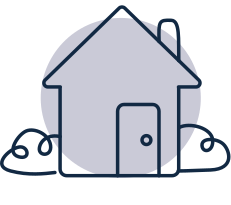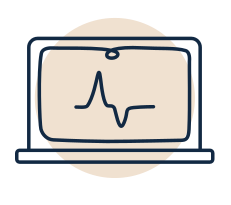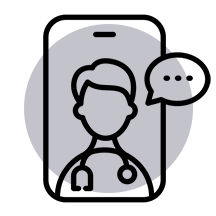
Discover relief from insomnia with Home Sleep Center’s tailored services. Schedule a Telehealth Appointment for Insomnia and consult with experienced professionals from the comfort of your home. Our specialized Telehealth for Insomnia offers personalized solutions to help you achieve restful, rejuvenating sleep. Join Home Sleep Center in exploring the world of sleep science, wellness tips, and lifestyle changes.
Whether facing short-term disruptions or chronic issues, connect virtually with our expert team for personalized guidance. Tackle immediate fatigue, mood swings, and concentration lapses with tailored insights. For concerns like chronic fatigue syndrome or mental health issues, our compassionate professionals at Telehealth Appointment for Insomnia provide continuous support. From the comfort of your space, experience ways to put away your sleep troubles and a path to revitalized, well-rested mornings as we work together to address both short-term hurdles with chronic sleep challenges.
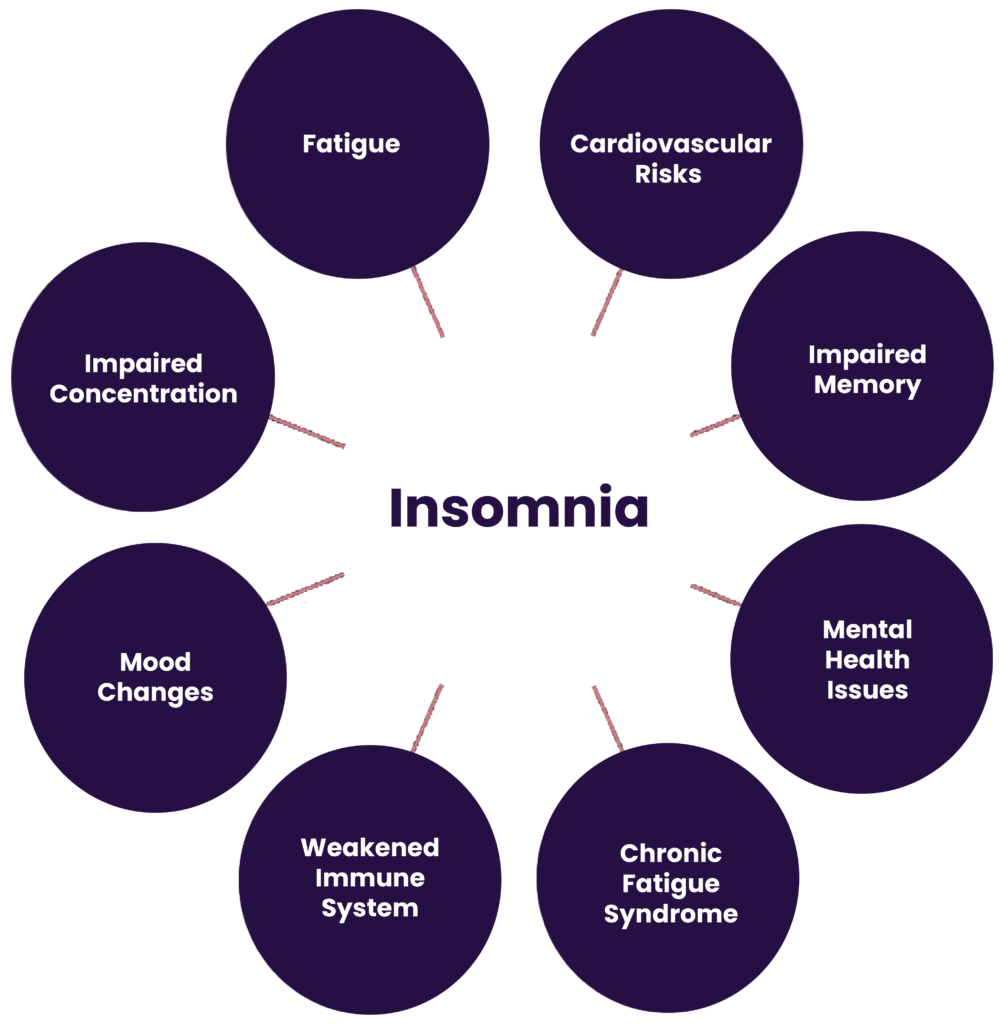
Get onboard on the journey to restful nights with Home Sleep Center’s personalized insomnia diagnosis and treatment. Our process to improve your sleep pattern begins with a personalized Insomnia Test that can bring out nights filled with rejuvenation. Connect virtually with our expert team, guaranteeing tailored insights and guidance for your unique sleep challenges.
Elevate your sleep experience with our Personalized Telehealth Appointment for Insomnia at Home Sleep Center. Our team’s commitment to your well-being includes personalized strategies, sleep hygiene tips, and ongoing support. Benefit from one-on-one consultations, where our highly skilled Insomnia specialists address your immediate concerns and help you beat every long-term effect to bring sustainable relief and restore the restful nights you deserve. With Home Sleep Center, you get the flexibility of scheduling appointments that fit into your routine, making prioritizing your sleep health easier than ever.
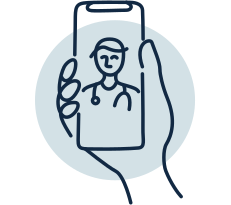
Schedule a consultation with your doctor and have them send us a request or we arrange a meeting with a board-certified Insomnia Doctor Online to assess your sleep health.
